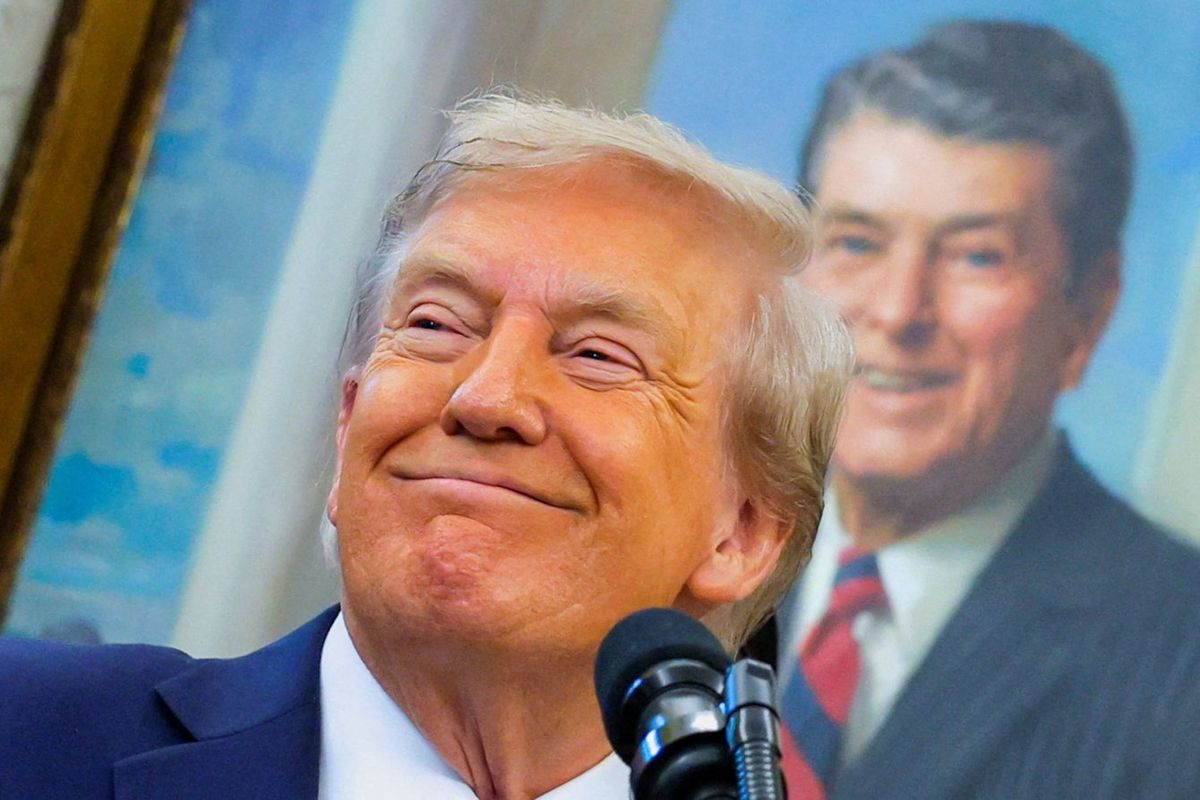
President Donald Trump's administration is scrambling to get the Supreme Court to reverse the decisions of multiple lower courts that held his tariff scheme illegal and invalid — but in the rush to provide a defense, Treasury Secretary Scott Bessent may have just blown a hole through one of Trump's biggest fabrications about his trade policy.
That's because, according to national security journalist Marcy "emptywheel" Wheeler, Bessent's statements to the court give a completely different number than Trump's repeated boasts that he's secured $15 trillion in foreign investment into the United States as part of his nebulous "trade deals" with other countries to reduce his tariffs.
The president has made a number of claims about enormous amounts of money being promised by foreign countries in his various negotiations.
Bessent, however, provided some hard numbers in the legal filing, brought by Solicitor General John Sauer, that told a much smaller picture.
"The frameworks for trade agreements already in place contain additional provisions ‘whereby the trade partners agree to significant purchases from and/or investments in the United States (e.g., the European Union agreed to $750 billion in energy purchases and $600 billion in investment, and Japan and South Korea collectively agreed to about 1 trillion)," said the statement. "These agreed upon frameworks total in the multiple trillions of dollars. The longer the delay in a ruling, the greater these commitments will become. If these agreed upon frameworks were unwound and the investments and purchases had to be repaid, the economic consequences would be catastrophic."
If you add it all up, Bessent is only alleging $2.35 trillion in promised investments into the U.S. — way less than Trump's boasts, Wheeler noted.
"In short, Scott Bessent just confessed that Trump has been lying in his claims about tariffs."
The U.S. Court of Appeals for the Federal Circuit found Trump could not impose the tariffs as currently established under the International Emergency Economic Powers Act (IEEPA) because this act did not grant the president that power.




